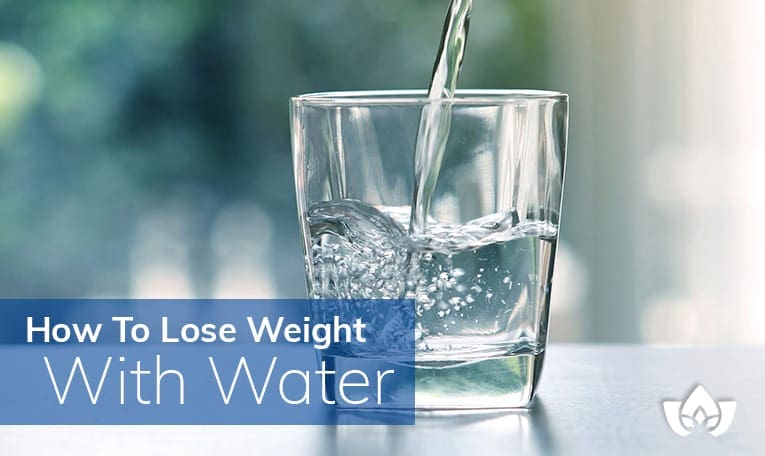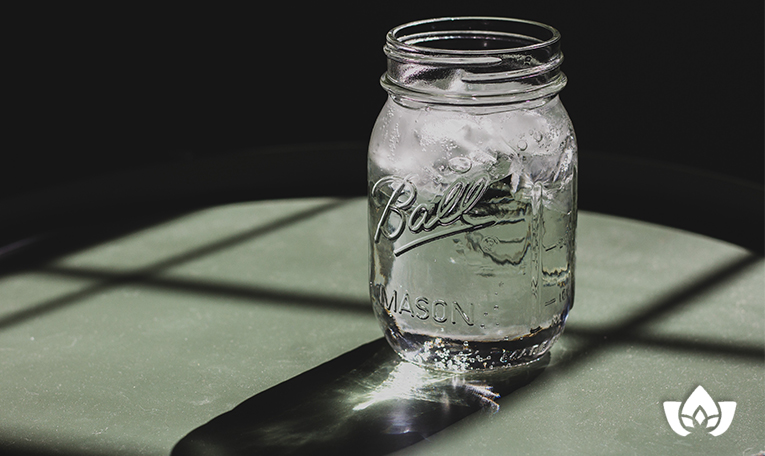
Now, what would you do if I told you water was good for your body?
You'd probably look at me, shake your head, and move on.
After all, everyone knows water is good for you.
This is not a revelation you need a naturopathic doctor in Mississauga or some other health specialist to point out to you.
But not everyone knows exactly why.
Sure, it's refreshing to enjoy a cold glass of water after a tennis match or a hot day in the Sun, but why is that?
Why do we drink water?
Benefits of Water
Water does a lot for you.
It plays a big role in your digestive system, helping to break down food in your digestive tract and turn it into the nutrients your body needs to function.
It also keeps your digestive tract lubricated and moving, making sure everything functions the way it should.
Once the nutrients are broken down into the components your body can use, water helps you get your nutrients where it needs to go.
Nutrients and oxygen need to travel to your cells, but to do that they need a medium.
And yes, your blood is the medium, but your blood is 92% water.
Meanwhile, your kidneys and liver use water to carry away the waste you don't want to be hanging around in your body.
Water acts as a lubricant for your body as well, keeping your mouth and eyes moist enough to work properly.
Your lungs, too, don't work when they're all dried out - and why would they – they're 83% water, after all.
It keeps your joints flexing and moving properly, and in general keeps you from shriveling up into an ancient Egyptian mummy.
It helps your body regulate its temperature and helps maintain the shape and volume of the cells in your body too, so they can work properly.
In short, you'd be in trouble without water.
But there's more to it than that.
Believe it or not, water plays an important role in weight management too.
So if you're looking for weight loss tips, start with water.
How To Lose Weight With Water
Why do so many people struggle with their weight?
There are many different reasons, but one of the big ones is the fact that they don't know how to recognize when they're thirsty, and they don't know the difference between water and fluids.
After all, just because you're drinking fluids doesn't mean you're getting the water you need.
This common mistake is one of the main causes of a wide range of illnesses in the human body, including excessive weight gain.
Do you know the difference between hunger and thirst?
Sometimes it's obvious.
If you've just run a 5k marathon, or you just biked from Mississauga to Scarborough, you're probably going to reach for a glass of water before you do a steak dinner.
But most of the time, the sensation of thirst and hunger are so similar that it's hard to recognize when your brain wants one over another.
This often ends up with us reaching for the snack drawer when what we really need is a tall glass of water.
So the next time you feel hungry, try taking a drink first.
If your hunger subsides quickly, maybe you weren't so hungry after all.
How Does This Work?
Your brain has two different mechanisms which it uses for energy: metabolism of food and formation of sugars; and conversion of water into hydroelectric energy.
But studies have shown that the brain depends more heavily on the latter, especially for its transport system in your nerves to different parts of the body.
Basically, your brain can't run without water.
How Much Water Do I Need?
So now you know how important water is.
But there's more to it than just pouring some of the clear stuff down the hatch.
A general rule of thumb is to drink 35 mL of water for every kg of body weight you have.
The average Canadian woman weighs about 69 kg, so that works out to about 2.4 litres of water (or about five 500 mL water bottles) daily.
Canadian males, meanwhile, weigh an average of about 83 kg, so they should drink about 2.9 litres (or about six water bottles) daily.
Your Water Weight Loss Plan
Follow this strategy to make sure you're getting enough water:
Drink two glasses of water as soon as you wake up.
This helps kickstart your metabolism and will give you a nice burst of energy in the morning.
1. Drink A Glass Of Water Before Each Meal
Several studies have shown that those who drink a glass of water before a meal end up consuming fewer calories.
A 2003 study by Boschmann Et Al goes more into the science behind this if you're interested.
2. Ditch The Soft Drinks
If you were to make just one single dietary change in your life to improve your health, this is a good one to start with.
Getting rid of high calorie soft drinks in your diet can save you hundreds of calories per day.
Plus these drinks are loaded with sugar, artificial colouring, and all sorts of other chemicals and generally nasty stuff.
You're better off avoiding them.
3. Keep Drinking Water Throughout The Day
Yes, start your day with two big glasses of water, but don't just assume you're good for the rest of the day.
If you drink small sips of water at regular intervals, your body will absorb it more readily.
4. Drink More Earlier In The Day
If your bladder likes to wake you up at night, it's going to get worse the more water you drink.
To get around this, drink most of your water during the first three quarters of the day.
Contact Dr. Maria
If you're struggling with weight loss, there are naturopathic solutions that may help you.
Contact me, Dr. Maria Cavallazzi, here at the Mindful Healing Clinic, and let's chat.
If you're new to naturopathic medicine, or you're not sure if I'm right for you, book a FREE 15-minute health consultation.
During that consultation, you'll get a chance to sit down with me and ask any questions you have about naturopathic medicine or about your health.
I'll answer them as best I can, and you'll walk away with a better understanding of how I can help.
Contact me and book your FREE 15-minute consultation today.
Until next time,
Dr. Maria Cavallazzi, N.D
Mindful Healing Integrative Naturopathy
251 Queen St S Unit 4,
Mississauga, ON L5M 1L7
- https://goo.gl/maps/KYspifT7J232
Dr. Maria Cavallazzi is a medical doctor from Colombia where she practiced as a family physician for 8 years until she moved to Canada 16 years ago.
To see additional tips about health, wellness, and alternative medicine, please visit us here: naturopath
